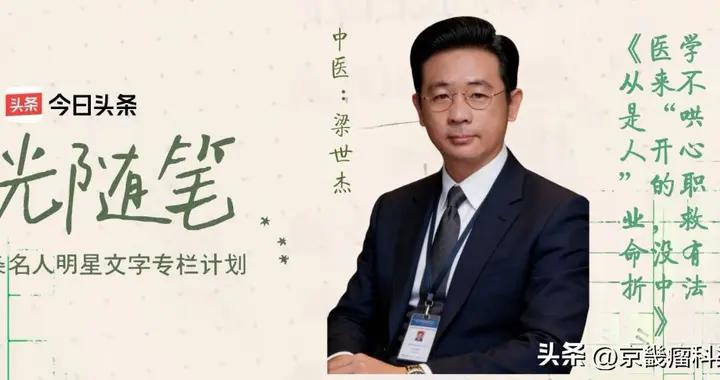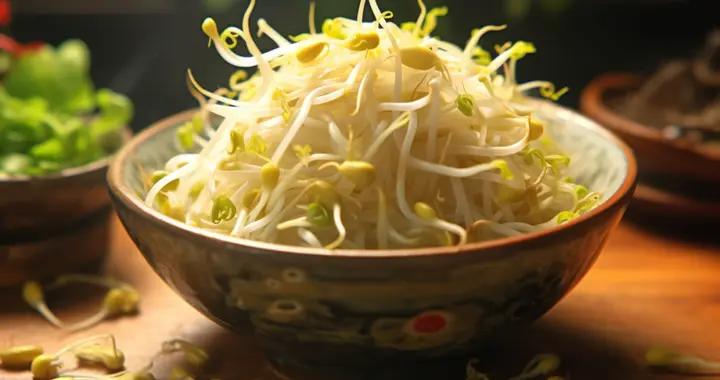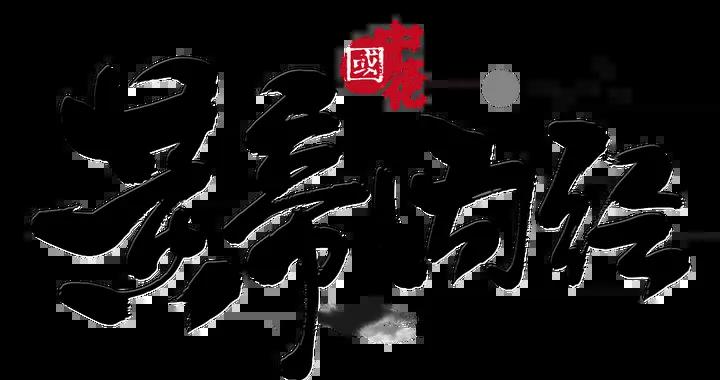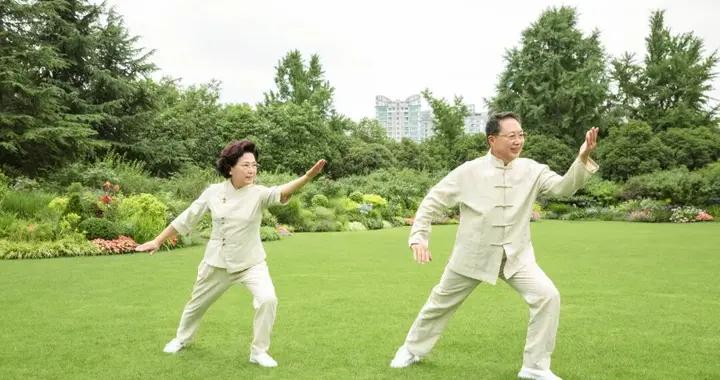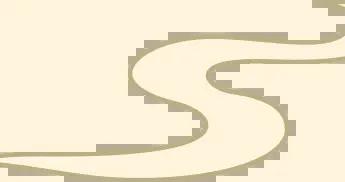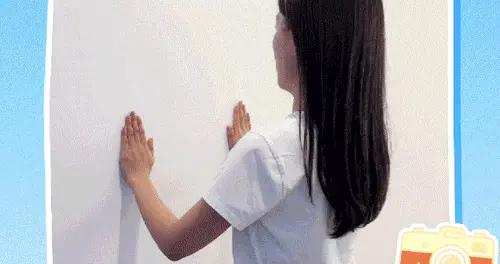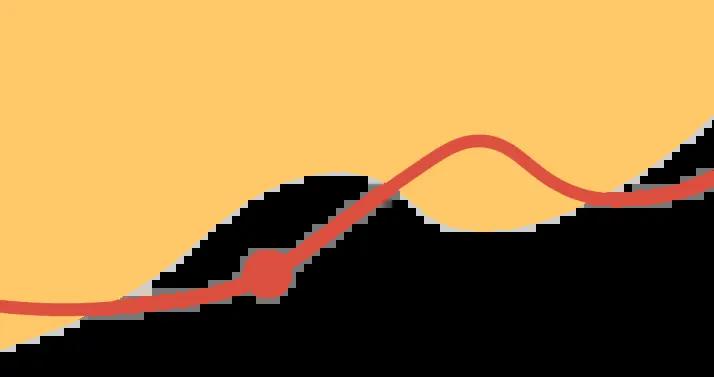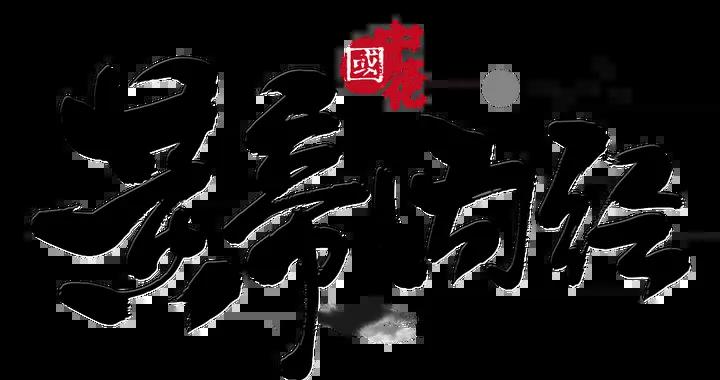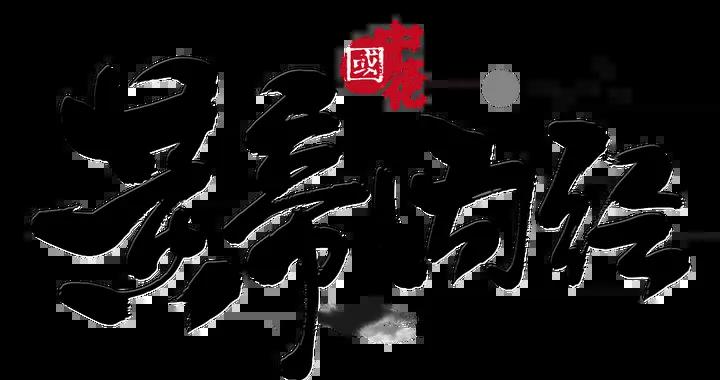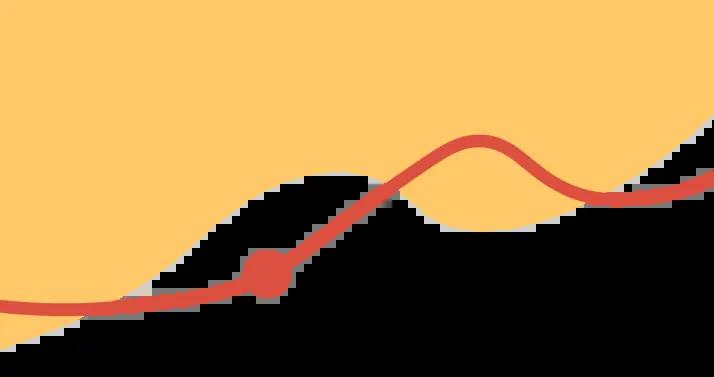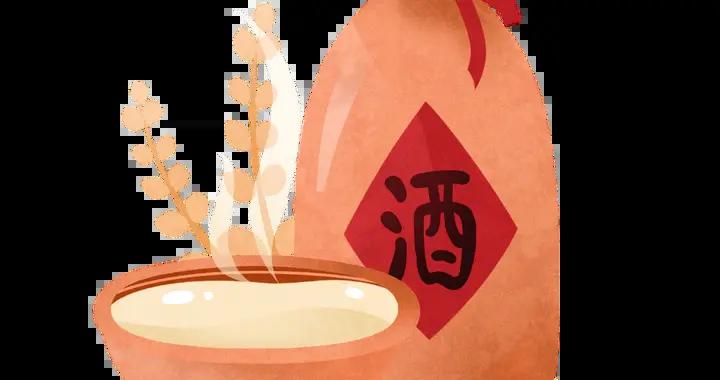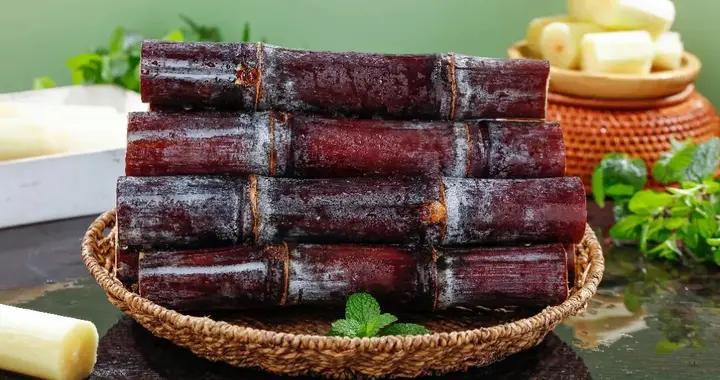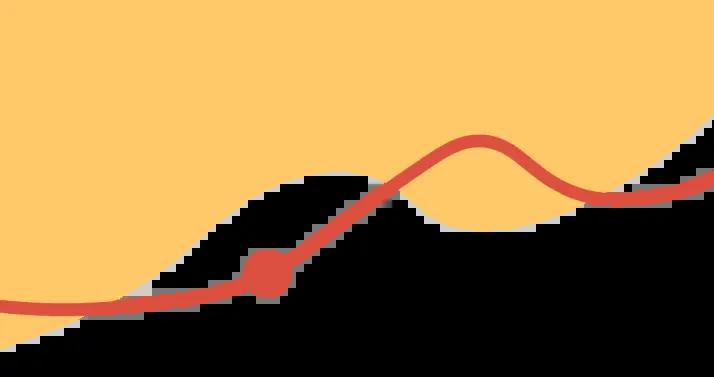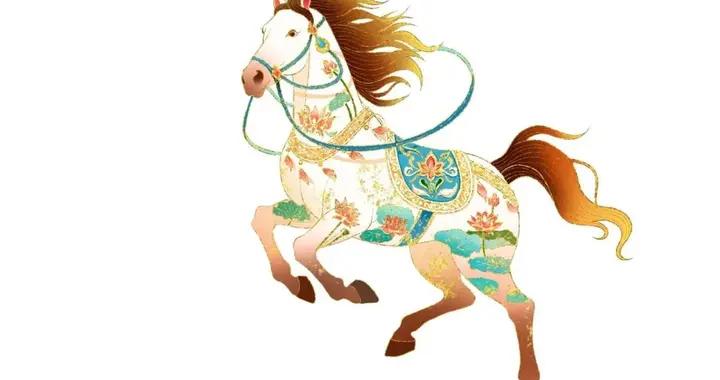中醫藥宗主國:從走向國際到定義標準,千年智慧之光照進聯合國
在當今全球化的浪潮中,各種文化與技術交流頻繁,中醫藥作爲中華民族千年智慧的結晶,正站在歷史的轉折點上,面臨着前所未有的機遇與挑戰。張伯禮院士,這位中醫藥界的領軍人物,以其獨到的見解和堅定的立場,爲中醫藥的未來指明瞭方向——不是簡單的“國際化”,而是“中醫藥走向國際”。這一提法的轉變,不僅僅是文字遊戲,更是對中醫藥本質的深刻理解和戰略眼光的體現。
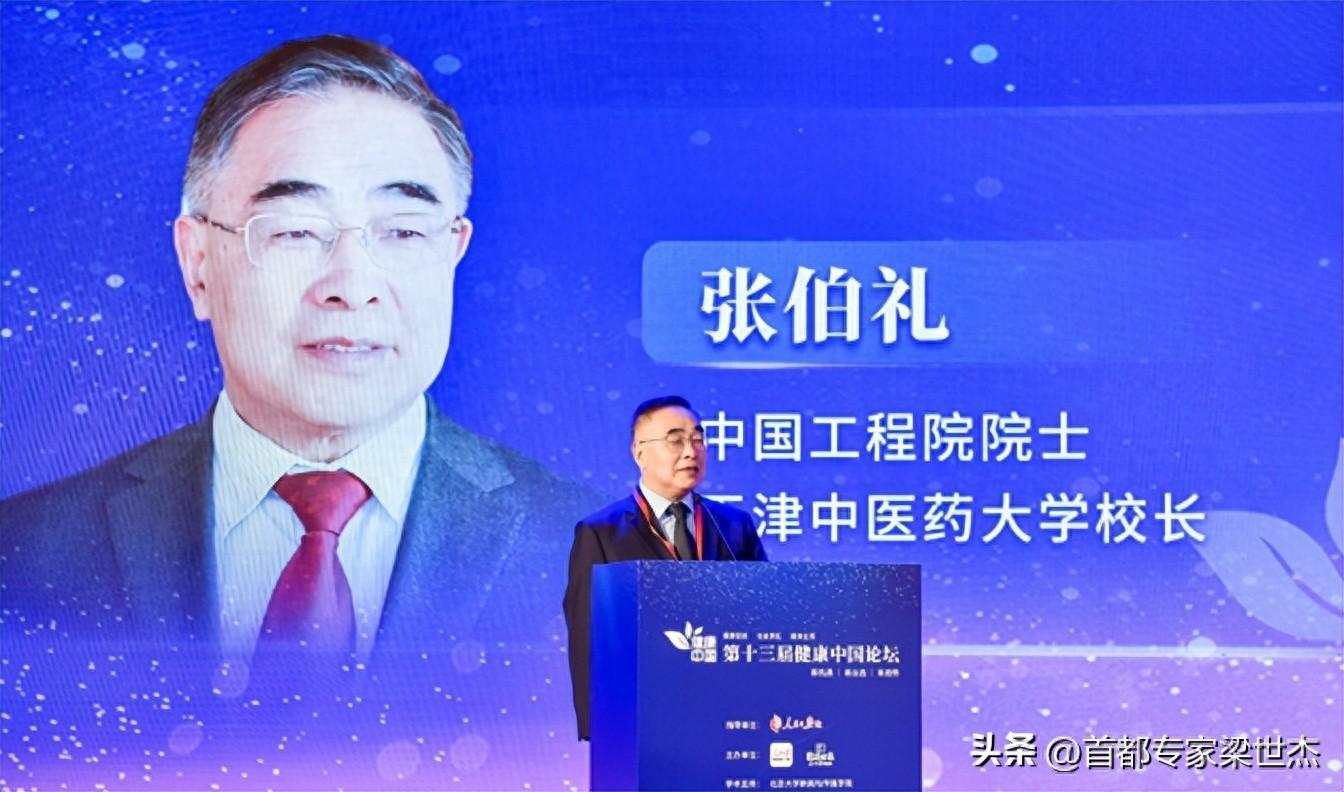
“國際化”一詞,往往意味着向已有國際標準的領域靠攏,學習先進技術,在他人制定的框架內行事。然而,中醫藥,這一擁有獨特理論體系、辨證施治方法和深厚文化底蘊的醫學體系,若盲目追求“國際化”,無異於削足適履,失去了其獨特的魅力和生命力。正如張伯禮院士所言:“中醫藥有其本身的辨證辨病辨證論治體系,四診八綱,偏離這些中醫基礎理論的軌道,中醫藥發展就好像無根之萍,根基不牢固,療效也會不彰顯。”
因此,張伯禮院士提出了“中醫藥走向國際”的理念,強調作爲中醫藥宗主國,我們應主動出擊,制定標準,引領世界。這不僅是對中醫藥自身價值的自信,更是對全球健康事業的貢獻。在這一過程中,鍼灸作爲中醫藥的瑰寶,以其獨特的療效和廣泛的國際認可度,成爲了中醫藥走向國際的先鋒和主力軍。然而,鍼灸的“去中國化”傾向卻令人擔憂。一些國家和地區在推廣鍼灸時,忽視了經絡理論和手法技巧,僅僅將其簡化爲穴位刺激和通電治療,這無疑是對針灸精髓的極大誤解和歪曲。

面對這一挑戰,張伯禮院士提出了開展鍼灸國際合作計劃臨牀研究的建議,並強調要建立符合一般科研規律和鍼灸臨牀特點的研究範式和評價方法。這不僅是爲了捍衛鍼灸的純正性,更是爲了在全球範圍內推廣和普及中醫藥的科學理念和方法。
除了鍼灸,中醫藥教育的國際化也是張伯禮院士關注的重點之一。他深知,只有培養出高質量的中醫藥人才,才能爲中醫藥走向世界提供堅實的基礎。因此,他組織制定了多項中醫藥教育標準,並編著了一套“世界中醫學專業核心課程教材”,爲國際中醫藥教育提供了有力的支撐。同時,他還積極推動中醫學國際認證工作,以確保中醫藥教育在全球範圍內的健康可持續發展。

張伯禮院士的這些努力和貢獻,不僅是對中醫藥事業的忠誠和熱愛,更是對人類健康事業的深刻洞察和擔當。他的言辭犀利而不失溫情,觀點明確而富有遠見,讓人在敬佩之餘,也深感中醫藥事業的任重而道遠。

回望歷史長河,中醫藥以其獨特的魅力和療效,爲人類健康事業做出了不可磨滅的貢獻。展望未來,我們有理由相信,在張伯禮院士等中醫藥界人士的共同努力下,中醫藥必將以更加自信的姿態走向世界舞臺中央,成爲人類健康事業的重要力量。而這一切的起點,正是“中醫藥走向國際”這一理念的提出和實踐。讓我們攜手共進,共同書寫中醫藥事業的新篇章!
作者簡介:梁世傑 中醫高年資主治醫師,從事中醫臨牀工作24年,積累了較豐富的臨牀經驗。師從首都醫科大學附屬北京中醫院肝病科主任醫師、著名老中醫陳勇,侍診多載,深得器重,盡得真傳!擅用“商湯經方分類療法”、專病專方結合“焦樹德學術思想”“關幼波十綱辨證”學術思想治療疑難雜症爲特色。現任北京厚德爲懷醫生集團漸凍症研究中心主任,北京樹德堂中醫研究院研究員,北京中醫藥薪火傳承新3+3工程—焦樹德門人(陳勇)傳承工作站研究員,國際易聯易學與養生專委會常務理事,中國中醫藥研究促進會焦樹德學術傳承專業委員會委員,中國藥文化研究會中醫藥慢病防治分會首批癌症領域入庫專家。榮獲2020年中國中醫藥研究促進會仲景醫學分會舉辦的第八屆醫聖仲景南陽論壇“經方名醫”榮譽稱號。2023年首屆京津冀“扁鵲杯”燕趙醫學研究主題徵文優秀獎獲得者。事蹟榮登2024年第四季刊《當代科學家》雜誌。

The main country of traditional Chinese medicine: from going international to defining standards, the light of the wisdom of a thousand years shines into the United Nations
In the current wave of globalization, various cultural and technological exchanges are frequent. As the crystallization of the wisdom of the Chinese nation for thousands of years, traditional Chinese medicine is standing at a turning point in history, facing unprecedented opportunities and challenges. Academician Zhang Boli, a leading figure in the field of traditional Chinese medicine, has pointed out the direction for the future of traditional Chinese medicine with his unique insights and firm stance - not simply "internationalization," but "traditional Chinese medicine going international." This change in the term is not just a word game, but a reflection of the profound understanding of the essence of traditional Chinese medicine and strategic vision.
The term "internationalization" often means to approach areas with existing international standards, learn advanced technologies, and act within frameworks established by others. However, traditional Chinese medicine, a medical system with a unique theoretical system, dialectical treatment methods, and profound cultural heritage, if blindly pursued "internationalization," is tantamount to trimming the feet to fit the shoes, losing its unique charm and vitality. As Academician Zhang Boli said, "Traditional Chinese medicine has its own system of dialectical diagnosis, disease diagnosis, and treatment. If it deviates from these basic theories of traditional Chinese medicine, the development of traditional Chinese medicine will be like a floating weed without roots, its foundation will not be solid, and its efficacy will not be prominent."
Therefore, academician Zhang Bo-li put forward the concept of "Chinese medicine going international", emphasizing that as the motherland of Chinese medicine, we should take the initiative to formulate standards and lead the world. This is not only the confidence in the value of Chinese medicine itself, but also a contribution to the global health cause. In this process, acupuncture, as a treasure of Chinese medicine, has become the vanguard and main force of Chinese medicine going international with its unique efficacy and extensive international recognition. However, the tendency of "de-Sinicization" of acupuncture is worrying. Some countries and regions ignore the theory of meridians and techniques when promoting acupuncture, simplifying it to point stimulation and electrical treatment, which is undoubtedly a great misunderstanding and distortion of the essence of acupuncture.
Faced with this challenge, academician Zhang Bo-li proposed the proposal to carry out clinical research on the international cooperation plan of acupuncture, and emphasized the establishment of research paradigms and evaluation methods in line with the general scientific research rules and the clinical characteristics of acupuncture. This is not only to defend the purity of acupuncture, but also to promote and popularize the scientific concept and methods of traditional Chinese medicine around the world.
In addition to acupuncture, the internationalization of Chinese medicine education is also one of the focuses of academician Zhang Bo-li. He knows that only by cultivating high-quality Chinese medicine talents can we provide a solid foundation for Chinese medicine to go to the world. Therefore, he organized and formulated a number of Chinese medicine education standards and compiled a set of "World Chinese Medicine Professional Core Course Textbook", which provides strong support for international Chinese medicine education. At the same time, he also actively promotes the international certification of Chinese medicine to ensure the healthy and sustainable development of Chinese medicine education around the world.
These efforts and contributions of academician Zhang Bo-li are not only his loyalty and love for traditional Chinese medicine, but also his profound insight and responsibility for the cause of human health. His words are sharp but not lacking in warmth, his views are clear and far-sighted, which makes people admire him and also feel that the cause of traditional Chinese medicine is far from over.
Looking back at the long history of traditional Chinese medicine, it has made an indelible contribution to the cause of human health with its unique charm and efficacy. Looking forward, we have every reason to believe that with the joint efforts of scholars and practitioners of traditional Chinese medicine, such as academician Zhang Bo-li, traditional Chinese medicine will take a more confident stance in the center of the world stage and become an important force in the cause of human health. The starting point of all this is the proposal and practice of the concept of "traditional Chinese medicine going global." Let us work together to write a new chapter in the cause of traditional Chinese medicine!
Author Bio: Liang Shijie is a senior medical practitioner in traditional Chinese medicine. He has been engaged in traditional medicine clinical work for 24 years and has accumulated a wealth of clinical experience. Following Chen Yong, chief physician of liver disease at Beijing Traditional Medicine Hospital, affiliated with Capital Medical University, and renowned old Chinese medicine, he has been treated for many years and received great attention. He specializes in the treatment of difficult diseases using "conversational traditional therapy" and special treatments combined with the academic ideas of Jiao Shude and Guan Yubo''s ten-level diagnosis.He is currently the director of the Center for Diffusion Research of Dr. Houde Wei Group in Beijing, a researcher at the Shude Tang Institute of Chinese Medicine, and a fellow at the new 3 + 3 project of traditional Chinese medicine flame inheritance in Beijing - a scholar at the inheritance work station of Jiao Shude''s protégés (Chen Yong),He is a standing committee member of the International Expert Committee on E-learning and Health Care, a member of the Jiao Shude Academic Heritage Special Committee of the Chinese Association for the Advancement of Chinese Medicine Research, and the first cancer specialist to be included in the chapter of the Chinese Pharmaceutical Culture Research Association. Won the 2020 China Association for the Promotion of Traditional Chinese Medicine Zhongjing Medical Branch held the eighth session of the Medical Saint Zhongjing Nanyang Forum "Classic Prescription Famous Doctor" honorary title. The winner of the first Beijing-Tianjin-Hebei "Pingui Cup" Yanzhao Medical Research Essay Award in 2023. The story was featured in the fourth edition of Current Scientist in 2024.
